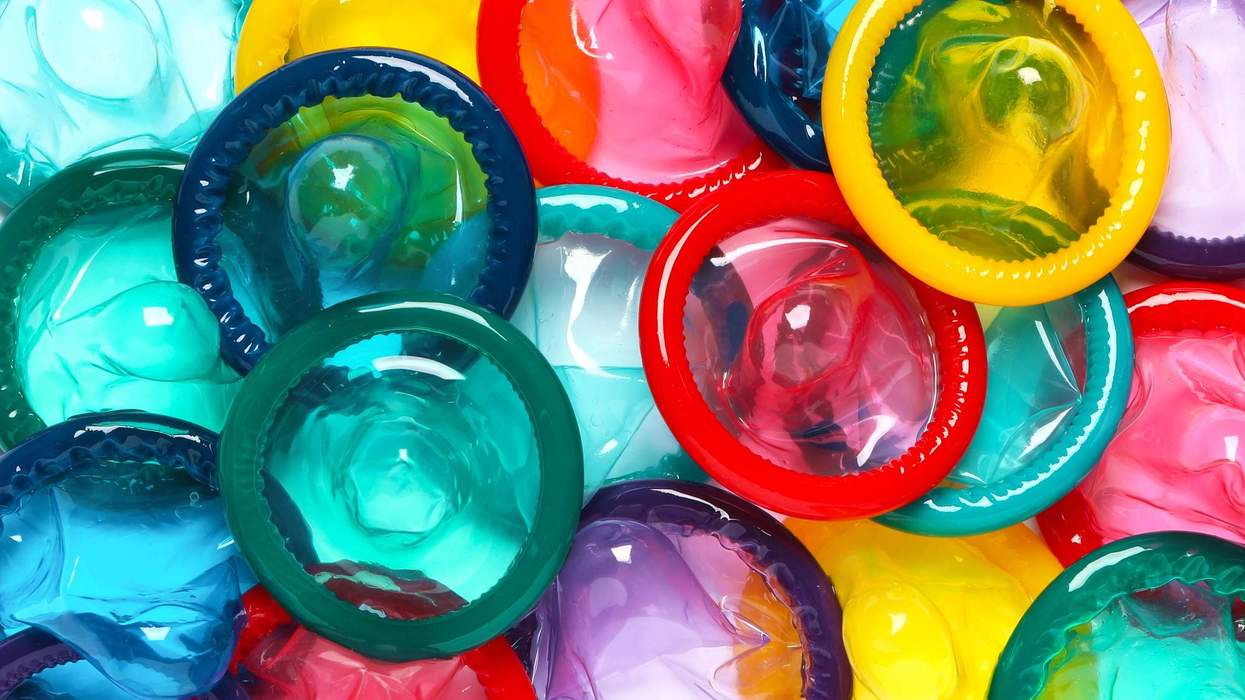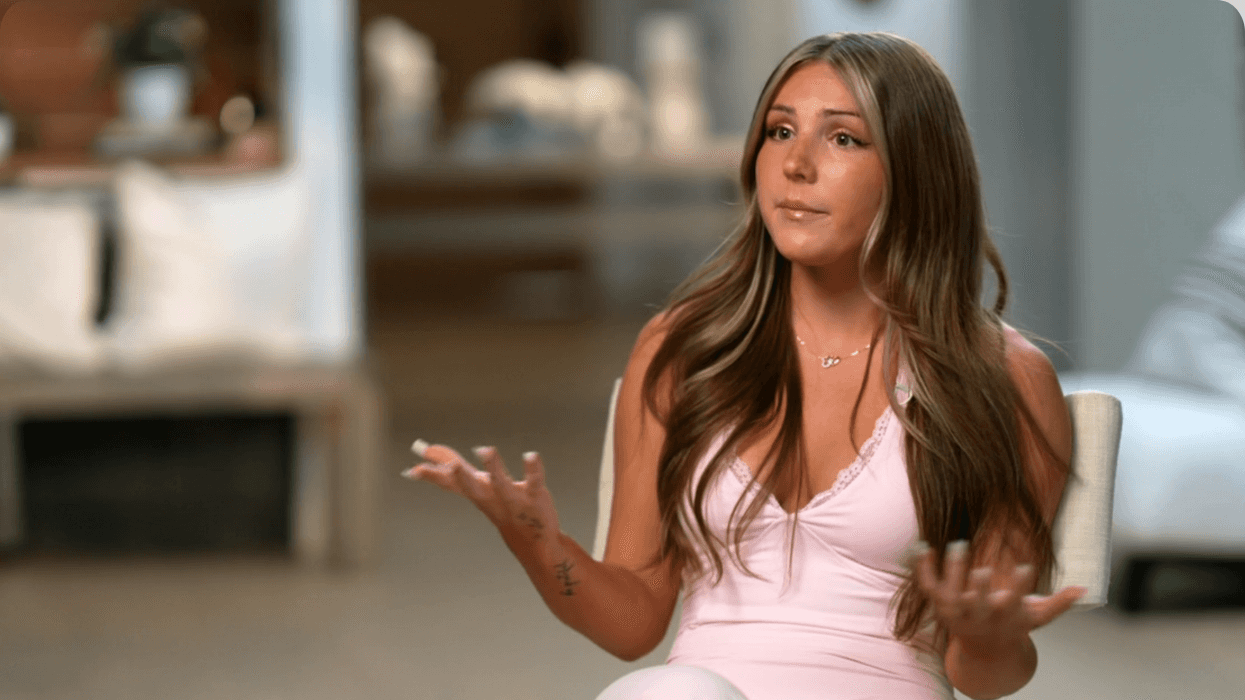My coming-out experience was easier and more privileged than most queer people are afforded. I was incredibly lucky to have grown up in a liberal family surrounded by open-minded friends in a suburb near Los Angeles. I didn't consider the idea that I could be gay until my junior year of high school. When I look back now, I remember being more interested in female artists and characters, staring at girls more than I ever stared at boys, how unmoved I was by my first kiss, and how repulsed I was by the idea of going any further. But I still didn't think that meant I was gay, because I had never seen a gay woman in the media who looked like me. In my mind, being gay meant you had to present more masculine, or be attracted to women who presented masculine. I didn't fit either description. Then I watched Santana & Brittany's storyline in Glee--and I finally had my "aha" moment. Watching two femme girls fall in love felt like seeing my future-self reflected back at me.
The realization that I was gay didn't scare me, but it did make me anxious. I spent all of my time in high school photographing my female peers--most of the time half-dressed--and I was terrified people would perceive me as a skeevy, female Terry Richardson. I was also worried that my female friends would no longer want to have girls' nights or sleepovers for fear that I might be attracted to them. So, I decided to keep my newfound queerness a secret.
Related | Zolita: The Queer Feminist Pop Star We Need
I spent the rest of high school privately consuming all of the lesbian media I could get my hands on. For me this meant watching NAOMILY compilation videos on youtube, finishing all 6 seasons of The L Word in two weeks, and blasting Born This Way in my room, belting out, "No matter gay, straight, or bi, lesbian, transgender life." At the very end of my senior year, I finally came out to my lifelong best friend--without saying a word. We were in my kitchen discussing prom and potential guys that could go with me. I gave her a telepathic-sister-look and said, "Juliet." She said "I know." That was that. I was finally out to one person, and it diminished the anxiety of my secret significantly. I knew I would be heading to NYU to study film in the fall, so I decided to wait until I got there to come out to anyone else, including my family.
During my first week in the city, still closeted, I fell in love with the first friend I became close with. I had never felt what it was like to care for someone in that way, so finally experiencing those feelings was exhilarating, and knowing I was capable of them was a relief. Soon after though, she made it clear that my love for her was not reciprocated and I was crushed. I remember my mom called me and I told her I was in a funk. She said point blank: "Who is she?" Both of my parents said they had known for a while, unbeknownst to me, and that they didn't care who I chose to love so long as that person made me happy. After I was out to my parents, I started coming out to all of my friends, old and new.
When I started releasing music and videos as Zolita, I hadn't made a conscious decision on whether or not I wanted to be publicly out. My work as an artist was bound to my identity and experience as a queer person, so being out wasn't a question. I understand that being out in the entertainment industry, especially as a woman, is tricky. On the one hand, I believe artists have a responsibility to be open, because their silence perpetuates assumed heteronormativity. Queer visibility is vital and saves many lives. On the other hand, I understand that some artists would rather keep their personal lives to themselves. As for me, being publicly out has been the most rewarding experience of my life. Nothing will ever match the feeling I get when I receive messages from young women who express that my music has comforted them or showed them that their identity is valid. I am certain that having a diverse array of queer artists to look up to as a young person would have helped me tremendously, and that's why I think making that a reality for other young people will always be a priority for me.
P.S. I want to acknowledge that not everyone has the privilege of being out. To those who do not have the ability to come out, stay strong, consume art that makes you feel proud of who you are, and find solace in the extremely large LGBTQI community online. We are here with open arms.
Zolita is a queer New York-based musician, who recently released her single and music video, "Fight Like a Girl," which follows her debut Immaculate Conception EP. For more information, visit zolitamusic.com.






























